Dr Hyun-Joo Lim
This year’s British Sociological Association annual conference was held at Glasgow Caledonian University on the theme of ‘Societies in Transition: Progression or Regression?’ Taking place in April each year, it is the biggest Sociology conference in the UK. With so many great opportunities to meet new and old academics, I always find this event utterly exciting and inspiring.
At this conference I presented a paper examining the experiences of Chinese and Korean mothers in England – titled ‘Seeing through the Confucian Ceiling’. This paper is drawn from life history interviews with ten Korean and eight Chinese mothers living in England. I analysed my data using six analytical categories, which are: motherhood and gender ideology; educational level; reasons for migration; the length of stay in England; economic circumstances of the family; and the local communities in which they reside. The paper has been submitted to Families, Relationships and Societies and is currently under review. It aims to address the following questions:
1. In what ways does the motherhood ideology of Chinese and Korean mothers in England differ, and what impact does this have on their decision towards childcare and employment?
2. What are the major factors affecting such attitudes and behaviours in a diasporic setting?
3. What implications does this have on gender relations at home for these women?
I focus on the different motherhood ideologies of Chinese and Korean women and how this impacts on their employment and childcare.
Historically both China and South Korea have been heavily influenced by Confucianism, an ancient Chinese tradition that is refined by Confucius, which supports patriarchal gender relations. The key principles of Confucianism include: hierarchical human relationships, fulfilment of individual duties, communitarian values over individual ones, filial piety, and importance of seniority. Yet, simultaneously China and Korea have undergone divergent socio, political and economic development. For instance, China has only opened up the economy to market competition since 1978, much later than Korea, whilst maintaining its socialist political system. On the other hand, Korea has followed the capitalist market economy and the democratic political system since the establishment of the Republic of Korea in 1948. As a consequence of this, China and Korea have developed different ‘national cultures’, founded on the distinctive socio, economic and political characteristics of the individual countries. In line with this, existing studies conducted in these countries have indicated that despite the impact of Confucian patriarchal ideals on both societies, women in China and Korea have heterogeneous understandings of what constitutes ‘good’ mothering (e.g. Cho, 2002; Rofel, 1999). Thus, there are notable differences in the employment patterns of women with dependent children between China and Korea (see Brinton, et al. 1995; Cook and Dong, 2011).
My findings suggest that Korean mothers retained their traditional values and gendered roles, having chosen not to get involved in paid employment in order to undertake childcare responsibilities. They strongly supported intensive mothering, in which the mother takes the major responsibility for her children. Often the women described mother’s employment as having a detrimental impact on their children’s emotional wellbeing. Even those who were in employment did not show much difference in terms of their support for intensive motherhood.
By contrast, Chinese mothers did not endorse intensive mothering and showed their strong inclination to work even after moving to England, similar to their middle-class counterparts living in urban China. They constructed this as an effect of Mao’s socialist work ethic, under which they were brought up, irrespective of their economic circumstances and educational levels. In this sense, their paid work was not a mere means to provide financial support for the family, unlike existing literature has suggested, but also a crucial part of their identity.
However, despite seemingly stark differences between the two groups, gender relations at home appear to be similar. Although the accounts of Chinese mothers seem to indicate gender equality on the surface, their interview data suggest continuing gender inequality for the majority of these women, taking the double burden of childcare and paid work. Although Chinese and Korean mothers showed very different beliefs and attitudes towards employment, all the women took the primary responsibility for household labour, regardless of their educational level and employment status.
In terms of intersecting analytical components, Chinese and Korean women’s motherhood and gender ideology as obtained in their country of origin, along with their settlement into respective ethnic communities, continued to have a dominant impact on their lives in England. As for the other four analytical categories, they seem to have had less obvious impact on Chinese and Korean women’s lives. However, drawing on Hall (1990), it could be suggested that what is considered to be ‘an East Asian way’ in a transnational setting is not the same as what it is in their ‘home’ countries because it is ‘imagined’ and ‘reconfigured’ in a diasporic context. In this sense, I argue that the mothering ideologies and gendered lives for my participants are ‘hybridised’ forms that are distinctive from those existing in both their ‘home’ countries and England.
 Bournemouth University team from Faculty of Management, Faculty of Health and Social Sciences and Faculty of Science and Technology were at the Institute Paul Bocuse for VeggiEAT (@veggieat) mid-term review. It was a very productive meeting with a lot of effective outcomes for research and knowledge exchange. Professor Heather Hartwell represented Bournemouth University as PI and manager of the project and the team is pleased to announce that VeggiEAT will continue to move towards a healthier future for European Union.
Bournemouth University team from Faculty of Management, Faculty of Health and Social Sciences and Faculty of Science and Technology were at the Institute Paul Bocuse for VeggiEAT (@veggieat) mid-term review. It was a very productive meeting with a lot of effective outcomes for research and knowledge exchange. Professor Heather Hartwell represented Bournemouth University as PI and manager of the project and the team is pleased to announce that VeggiEAT will continue to move towards a healthier future for European Union.

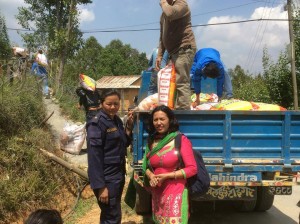
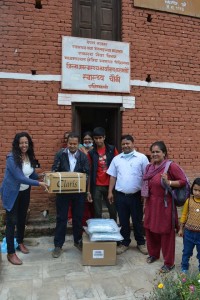
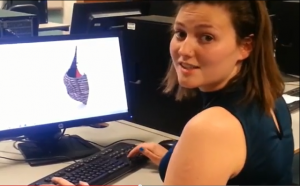
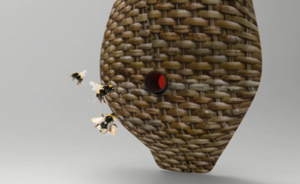
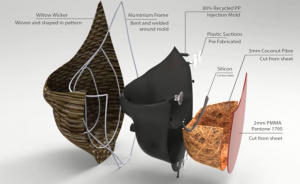


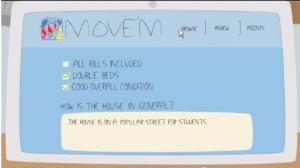
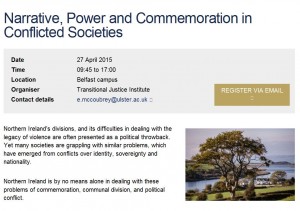

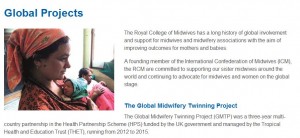



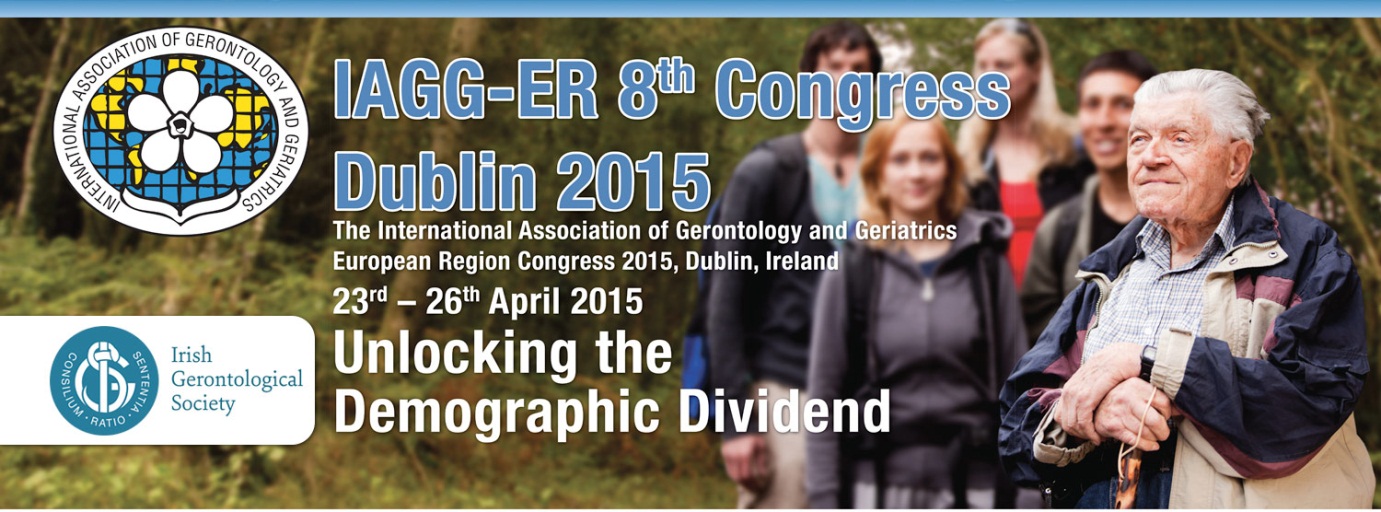













 Beyond Academia: Exploring Career Options for Early Career Researchers – Online Workshop
Beyond Academia: Exploring Career Options for Early Career Researchers – Online Workshop UKCGE Recognised Research Supervision Programme: Deadline Approaching
UKCGE Recognised Research Supervision Programme: Deadline Approaching SPROUT: From Sustainable Research to Sustainable Research Lives
SPROUT: From Sustainable Research to Sustainable Research Lives BRIAN upgrade and new look
BRIAN upgrade and new look Seeing the fruits of your labour in Bangladesh
Seeing the fruits of your labour in Bangladesh ECR Funding Open Call: Research Culture & Community Grant – Apply now
ECR Funding Open Call: Research Culture & Community Grant – Apply now ECR Funding Open Call: Research Culture & Community Grant – Application Deadline Friday 12 December
ECR Funding Open Call: Research Culture & Community Grant – Application Deadline Friday 12 December MSCA Postdoctoral Fellowships 2025 Call
MSCA Postdoctoral Fellowships 2025 Call ERC Advanced Grant 2025 Webinar
ERC Advanced Grant 2025 Webinar Update on UKRO services
Update on UKRO services European research project exploring use of ‘virtual twins’ to better manage metabolic associated fatty liver disease
European research project exploring use of ‘virtual twins’ to better manage metabolic associated fatty liver disease